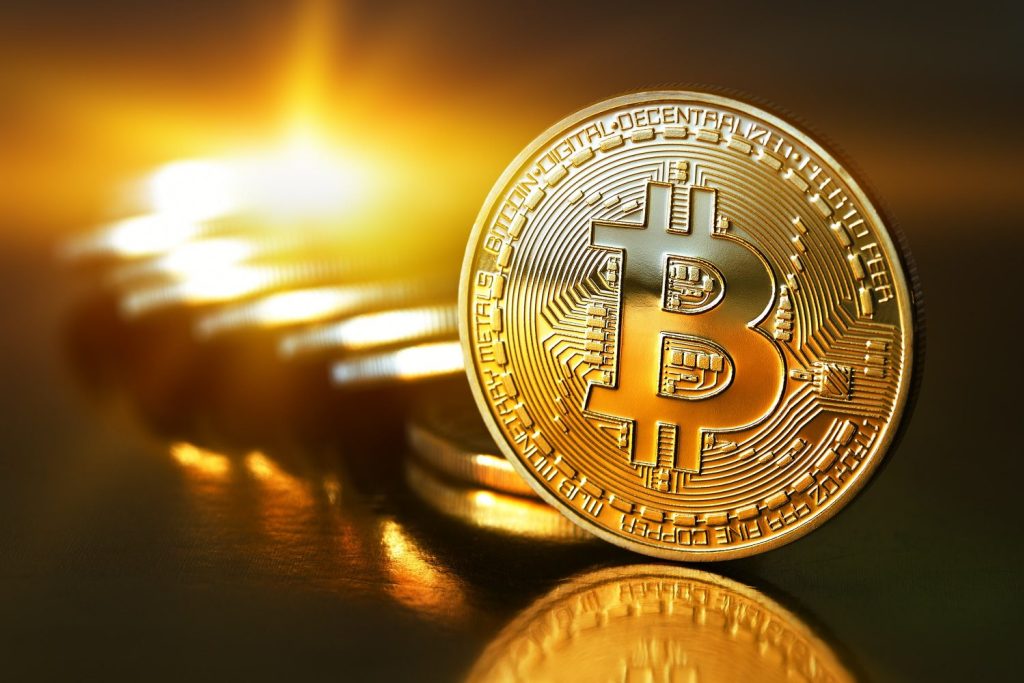Let’s be honest, the crypto market has long been abuzz in anticipation of a water-shed recognition in its history. Investors, owners, and developers, probably hackers, too!, have long been hoping that the U.S. Securities and Exchange Commission will recognize Bitcoin and Ethereum as commodities. In other words, Bitcoin and Ethereum will be subjugated to all sorts of surprising rules and regulations as stocks. They will both entail a different level of legal scrutiny, which is important for their future integration.
However, Ripple is still snapped in a state of limbo. Ripple is having to handle a slew of legal lawsuits, the third so far, that has to do with the security of the cryptocurrency. People are stepping into the light and subjugating Ripple to a barrage of accusations. That’s definitely not the first time Ripple made headlines. It’s, in fact, the third lawsuit launched against the cryptocurrency, too!
Ripple, Should We Wave it a Goodbye?
Even with the serious accusations as to the level of security that the cryptocurrency exercises, it would still be rather difficult to dismiss it as a no-no. It commands solid investment and interest among hopeful grassroots. Just like any other cryptocurrency, Ripple has managed to build thousands of devotees around itself, which give it a strong reason to keep trying. However, handling the security of its payment system may be a good start for any developer who wants to see their product used by everyday citizens and not poached on the spot by ill-meaning hackers.
By the estimate of Emi Yoshikawa who works as a Director of Joint Venture Partnership at Ripple, Ripple is using technology that can help improve the fragmented infrastructure of payments.
By tapping into the vast potential of blockchain technology, Ripple may actually not only bolster its own security shortcomings but the entire crypto ecosystem. Ripple is, in fact, trying to significantly slash friction in the global financial system. It’s not the first company that has tried something similar either.
Instant Transfers – Is that the Name of the Game?
Ripple’s Interledger Protocol allows the system to send money on the spot and instantaneously. You will hardly run into any hiccups, however! There’s no need to have a payer and payee to make the system work either! What you need to do is connect the banking and financial services into the network.
Of course, hardwiring the established financial bastions into the murky digital nether is not a thing any institution worth its name would take lightly. However, it’s a possible way to bring down the payment friction to a great deal less than what it is today.
Emi Yoshikawa has said that Low-value high volume use cases including remittances are an area that we’re focused on. Asia as the world’s centre for remittance payments is a critical market for Ripple. Asia is the world’s centre for remittance payments, there is a lot of money going into Asia and flowing out of Asia as well”
Yoshikawa has been one of the staunchest supporters of the cryptocurrency future and Ripple in particular. She reiterated the common mantra that blockchain is actually helping many financial institutions become more competitive, and in fact slash costs for the end-user.
Blockchain Helpful, Is It True?
The blockchain is helpful in a myriad of tiny little ways that make a real difference in the world. We can start by pointing to the most noteworthy examples that remark the exhaustive reach of the blockchain.
Let’s begin simply. If the blockchain ledgers take control over the supply chain, for example, the upshot is not chaos. It’s order, neat execution of commands and no delay whatsoever.
Yes, you can achieve some pretty damn enviable results across the whole supply change if you will only entrust blockchain to automate the process for you and dispense with the human oversight that demands people to skip holidays, work on weekends and generally ensure that the big cogwheels of business are pushing on. It’s easy to get sidetracked, too, which is indeed quite daunting.
Even then, blockchain technology is beneficial to the world at large in many a good way. What other ways can you have for Blockchain to improve the overall state of affairs? Let’s have a look!
Quality Assurance
If you need someone to spot discrepancies along the supply chain, make sure that blockchain will. The self-regulated decentralized ledger is quite capable of tracking foul play and reporting it in a manner that is enviably expedient.
You can use it to track the origin of foods, for example, in the food sector. With this in mind, you can rely on blockchain to assure the desired level of food quality and safety.
Accounting
Accounting will become a breeze. You will not have to follow all the pesky details about transactions on your own. Oh, no. This will now be outsourced to the clever machines that are blockchain-powered computers.
Nothing will go off the straight path with blockchain accounting to keep the records straight. This is brilliant, or isn’t it?
Smart Contracts
Smart Contracts will enable the business to automate all business they have between their companies, and by eliminating the middlemen, they will boost their own profitability. Of course, this is not good news for the middlemen themselves. Oh no.
Stock Exchange
Stock Exchanges are actually a nice touch. Even though today’s exchanges seem to be ironclad from outside influencers, a blockchain touch may bring the whole system under control. Of course, this would create fewer opportunities to speculate as well. Even then, the blockchain touch will help create smooth transitions and keep whales at bay. There is no turning back from the blockchain technologies in exchanges and we will see them before long!
What Next?
If Ripple manages to handle its security breaches, we will see a world in which the technology is advancing to slash all the common bugbears of payment. No extra costs, no security risk, and no delay – this is the type of financial global system we have all wanted. However, is it feasible?
This is a valid question and one that should be examined up close. Nobody is to say whether we can rely on the technology to completely overhaul the global financial system in a manner that will actually help people achieve the level of comfort with using blockchain everyone hopes for.
Of course, there’s another pressing question to answer here – do we really need to implement blockchain? Its upsides are numerous, there’s no denying that, but the damage it inflicts on the existing system also cannot be denied.
Advancing a technology that is so prone to outside manipulation is not the wisest course of action you can assume, too!
According to Victoria Lemieux, an associate professor at the University of British Columbia, In general, if the transactions are gathered together in blocks, and it is blocking that is secured on the chain using cryptography, and it is designed to be tamper-resistant and produces immutable records, the system qualifies as a blockchain. That said, in general usage, blockchain is often a term that encompasses a broad range of distributed ledgers, even if transactions are not organized into blocks.”
That’s what Lemieux said in an e-mail exchange with the Verge. However, Lemieux’s next remarks were not quite upbeat as proponents of blockchain would have expected them to be. Her team and herself have long suspected that blockchain will most likely start to have different aspects of the ledger dying out as in the process of running a business the creation of new records will lead to the gradual disappearance of the older ones.



Comments (No)